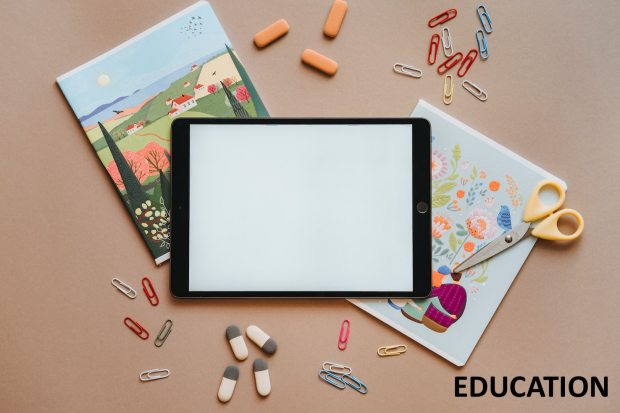
It was interesting to look at the copy and storytelling of this TWS’ piece sponsored by Ministry of Trade & Industry. The main message is around skills and jobs upgrading and the changing economic situation of a country that developed. I appreciated the empathy and recognising that the economic shifts do cause people to be left behind. But the idea of applying a one-size-fits-all solution to the broad economic shift seem simplistic to me.
The fact that the country embark on a kind of industrialism does not require all its people to do the same. When the UK was undergoing the industrial revolution, the French and Italians started forming artisan guilds and creating systems of artistic and craft authenticity verifications to protect and price their products better. When Frito-Lays or other big brands moved their potato chip making operations to developing countries, the developed European farms started making their own chips and marketing them at prices that are 4-5 times.
Sure, there is more technical components involved in the premium versions and probably more work went into the marketing, packaging and consumer experience. But this is precisely the sort of product development and market-growth thinking that Singaporeans need to move into the next stage of our development.
Manufacturing value-add and improvement in Singapore can be achieved by having more economic promotion, tax incentives and being able to gather a bunch of competent people able to participate in the production. That is because we are small and rely on MNCs investing in manufacturing capacity. And that MTI push for people to become cogs of such industrialism is based on this strategy. Yet as an individual, I don’t know how optimal this is. I find it simply makes us even more fragile and at the whims of the industrialism.
I’m not sure how worthwhile it is to develop stronger manufacturing base driven by our homegrown technologies and research. We do have that strategy in place and try to move in that direction as well. But we are stuck as second class folks in the game if we continue to encourage the majority to remain as cogs in that industrialism perpetuated by others.









